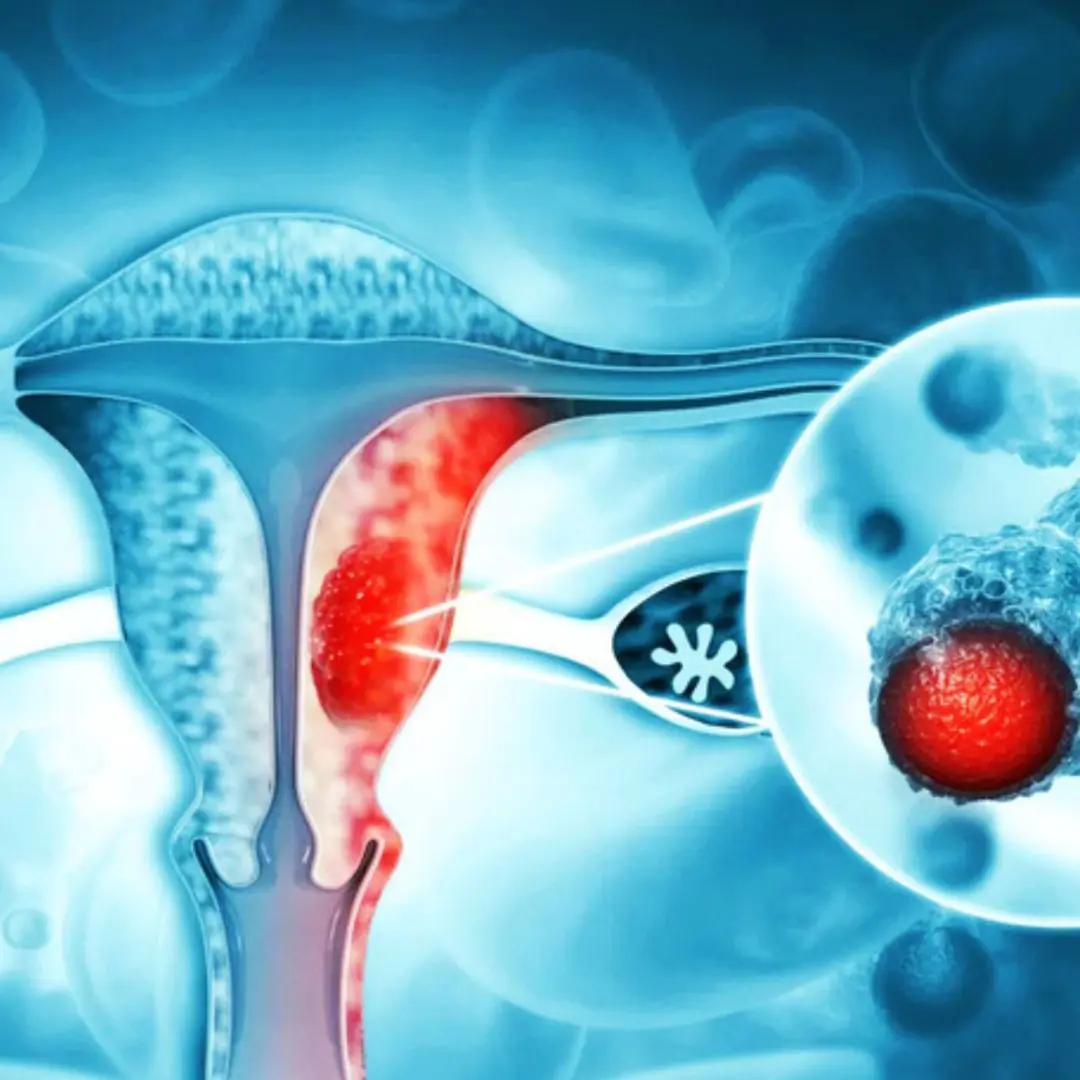
6 warning signs that your intestinal disease is serious, if you have just 1 you should go see a doctor
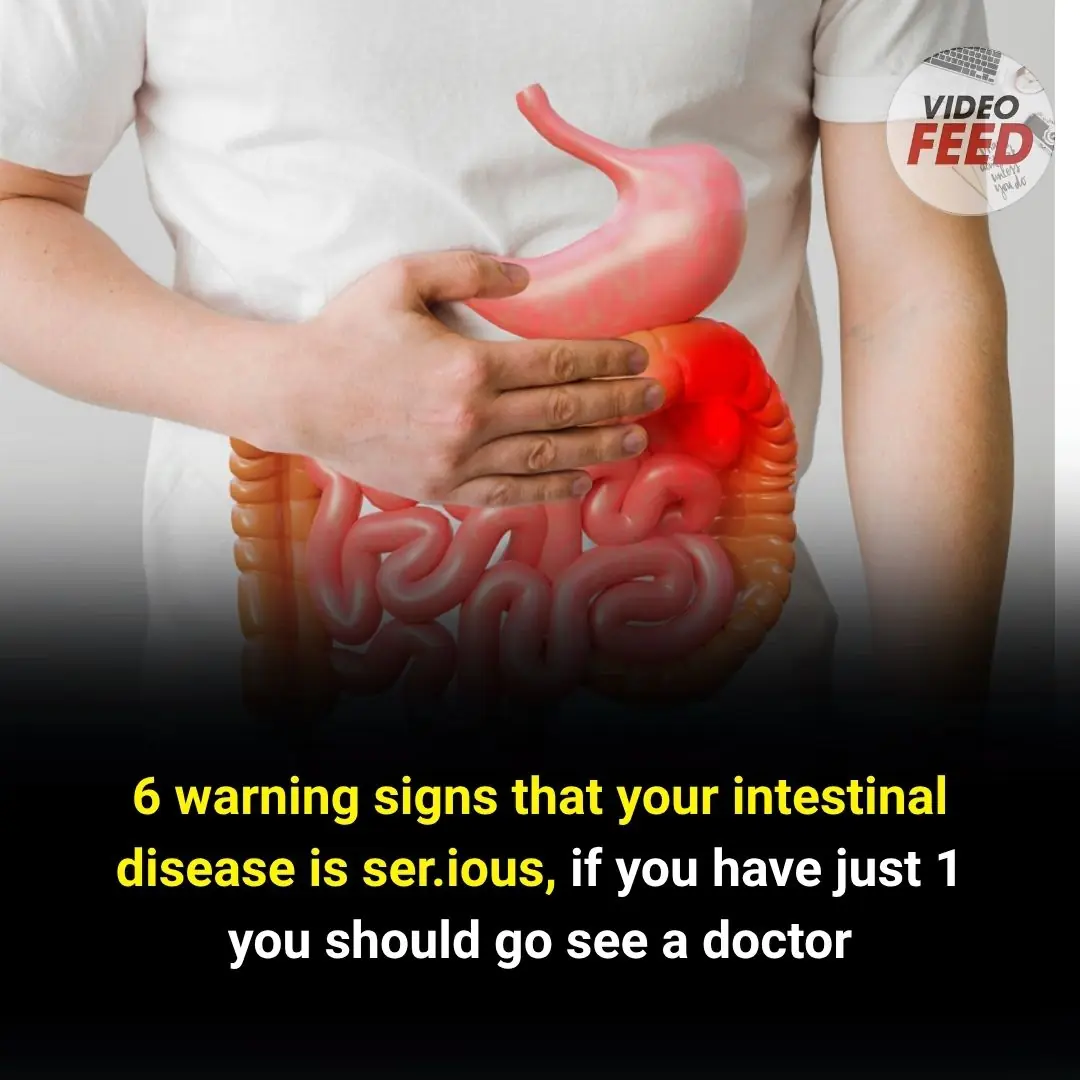
Many people, out of negligence, often ignore the early symptoms of colorectal cancer. It is only when the disease has progressed and developed into dangerous complications that they finally realize it — but by then, treatment becomes much more difficult. According to medical experts, early detection and timely treatment can help save your own life.
Early signs of colorectal cancer:
1. Changes in bowel habits:
If you notice persistent digestive problems such as prolonged diarrhea or constipation, you should get a medical check-up. When a tumor forms in the intestine, it can block the digestive process and interfere with nutrient absorption. This leads to common digestive disorders such as abdominal pain, diarrhea, and constipation.
2. Presence of blood in the stool:
Many people experience bleeding during bowel movements due to hemorrhoids. However, if you do not have hemorrhoids but frequently notice blood in your stool, you should see a doctor immediately. This could indicate the presence of a large tumor pressing against and damaging the intestinal lining, causing bleeding that mixes with the stool.
3. Abdominal pain, bloating, and distention:
Frequent bloating and abdominal distention are among the warning signs of an intestinal tumor. This symptom is common in colorectal cancer patients but is often mistaken for regular digestive issues, causing many to overlook it.
4. Anemia: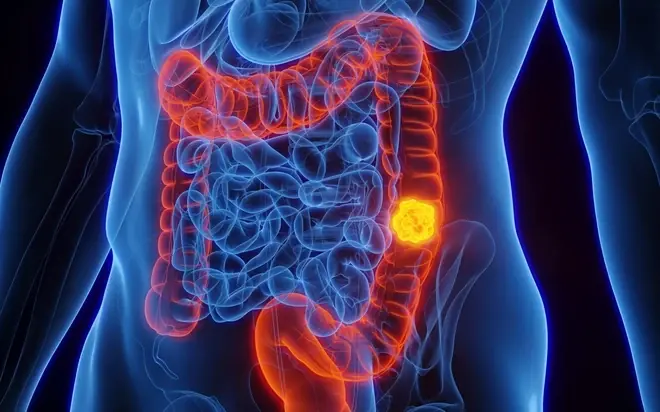
When a tumor develops anywhere in the body, symptoms such as dizziness, fatigue, nausea, and a significant drop in red blood cell count may occur. This can happen because the tumor damages the intestinal lining, leading to bleeding and obstructing blood circulation to other organs.
5. Frequent flatulence:
Excessive or foul-smelling gas may be linked to intestinal problems. Normally, flatulence has little to no odor, but if you start passing gas frequently with a strong, unpleasant smell, it could be due to a tumor forming in the rectum or near the anus. This is a sign you shouldn’t ignore — get a health check as soon as possible.
6. Increased frequency of bowel movements:
In the early stages of colorectal cancer, patients often experience changes in bowel habits — especially an increased frequency of bowel movements. Normally, a person may defecate once or twice a day, but if this suddenly increases, accompanied by alternating diarrhea and constipation, you should be very cautious. This could be a sign of colorectal cancer, and early medical consultation is crucial.
News in the same category

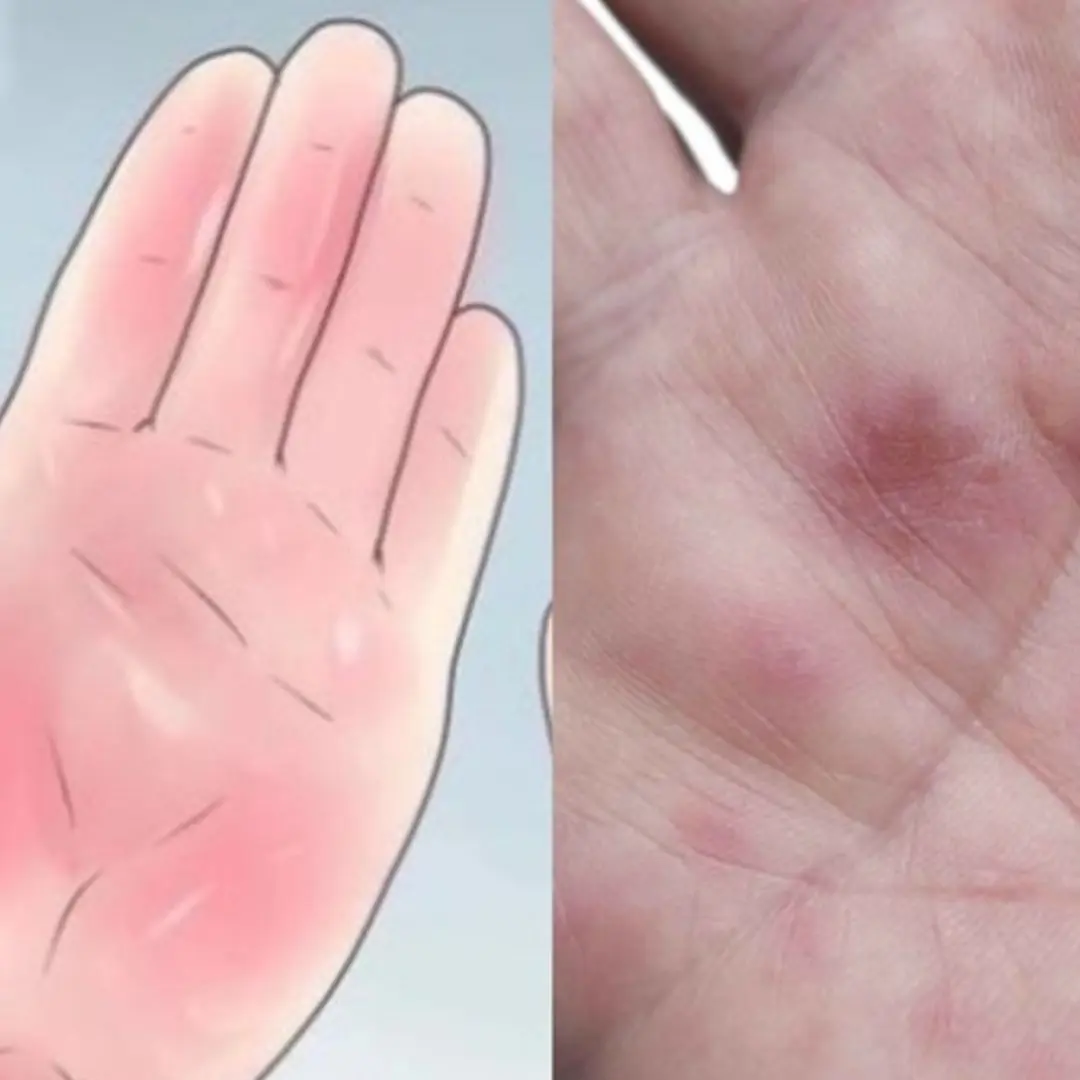
If your hands show any of these 4 warning signs, see a doctor right away — your body might be signaling a serious health problem!
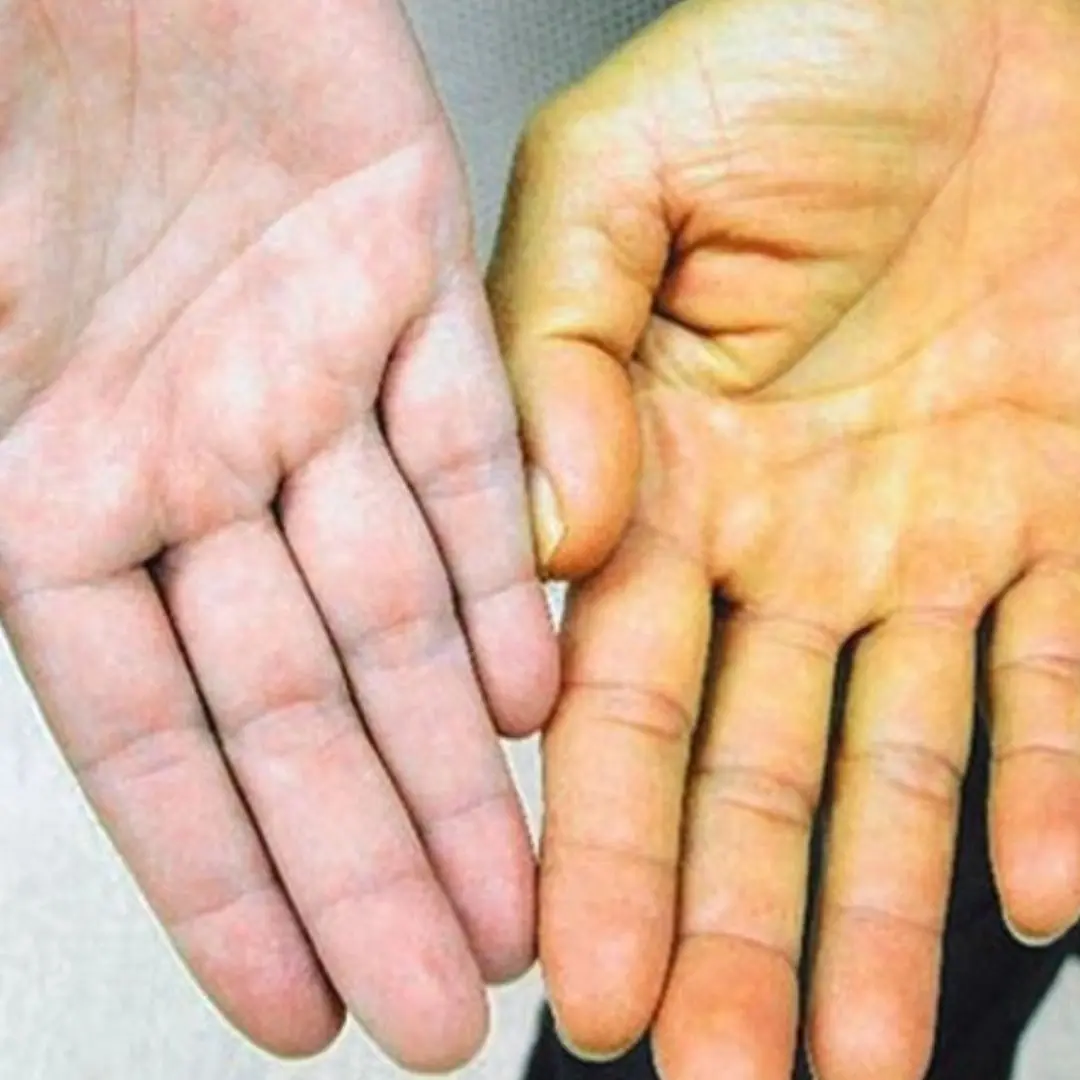
3 abnormalities in the hand warn of liver can.cer

What Sleeping On Your Left Side Does For Your Brain, Stomach And Lymphatic System

This One Superfood Could Tackle Major Health Issues—Here’s What You Need To Know

Cucumbers are delicious and healthy, but these 4 groups of people should avoid eating them

3 everyday foods that are slowly destroying your kidneys

Use Frozen Lemons This Way and Gain 4 Surprising Health Benefits — Without Harming Your Sto.mach

The Vegetable That Eats All the Sugar in Your Body – The Silent Enemy of Diabetes
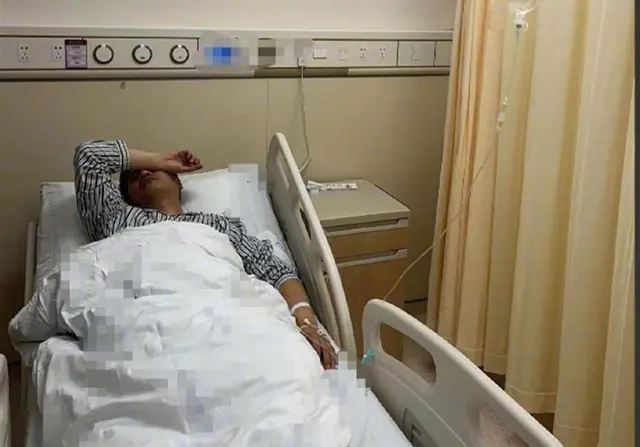
A 31-Year-Old Man Hospitalized Five Times Because of a Drink Many People Consume Daily

This One Superfood Could Tackle Major Health Issues—Here’s What You Need To Know
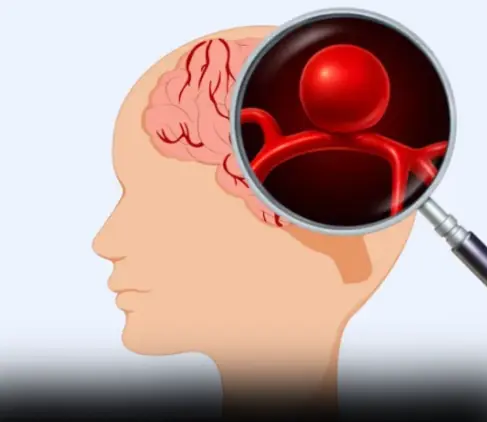
12 signs that may signal a brain aneurysm — Don’t ignore them
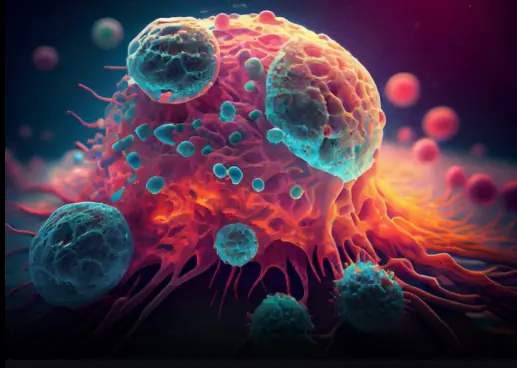
8 Foods That Help Eliminate Cancer Cells

Why nobody should be eating salmon anymore?

Why showering before bed might be better for your health than in the morning?

Which medical conditions are associated with nausea but no vomiting?

Young Woman Dies at 27 from Late-Stage Thyroid Cancer: Doctors Say It's Linked to a Pre-Bedtime Habit
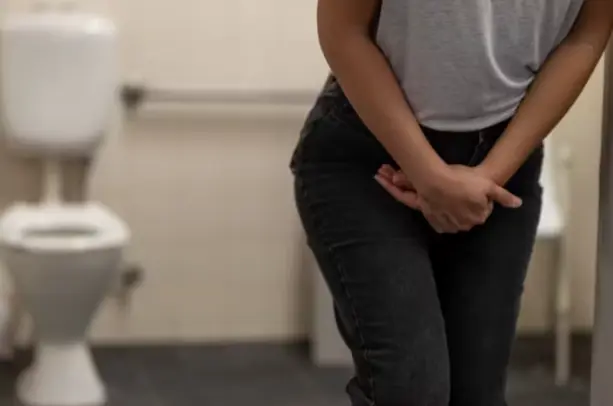
Why You Wake Up to Pee at Night (and How to Stop It for Good!)
News Post

3 intimate habits of husbands that may increase wives' ri.sk of cer.vical can.cer: Stop before it's too late

If your hands show any of these 4 warning signs, see a doctor right away — your body might be signaling a serious health problem!

My MIL Kicked Me Out of Family Photos at My Wedding, Screaming: 'My Son Will Divorce You Any Day Now!'

3 abnormalities in the hand warn of liver can.cer

When Nighttime Leg Cramps Become a Concern

What Sleeping On Your Left Side Does For Your Brain, Stomach And Lymphatic System
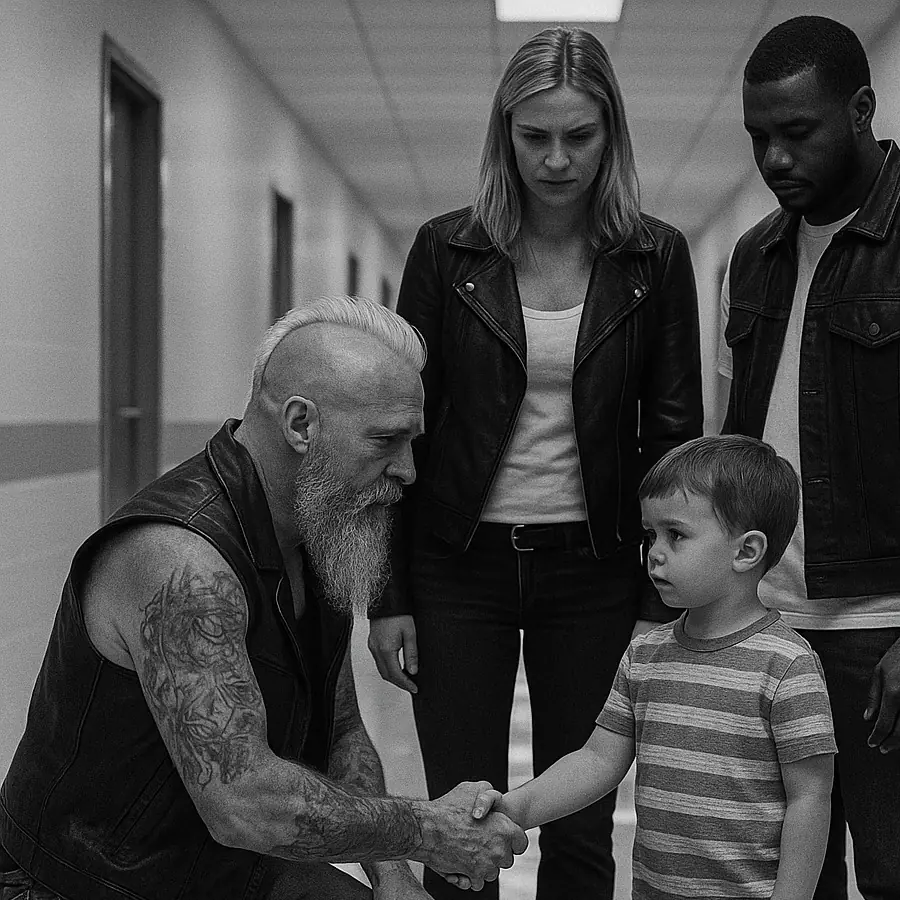
At Willow Creek Elementary, Karen Matthews spotted a towering man in the hallway

Bikers Blocked My Daughter’s Wedding Doors And Refused To Let Anyone Inside

I Bought Food for a Poor Old Man – But a Few Months After He Died, A Dusty Box He'd Owned Arrived for Me

This One Superfood Could Tackle Major Health Issues—Here’s What You Need To Know
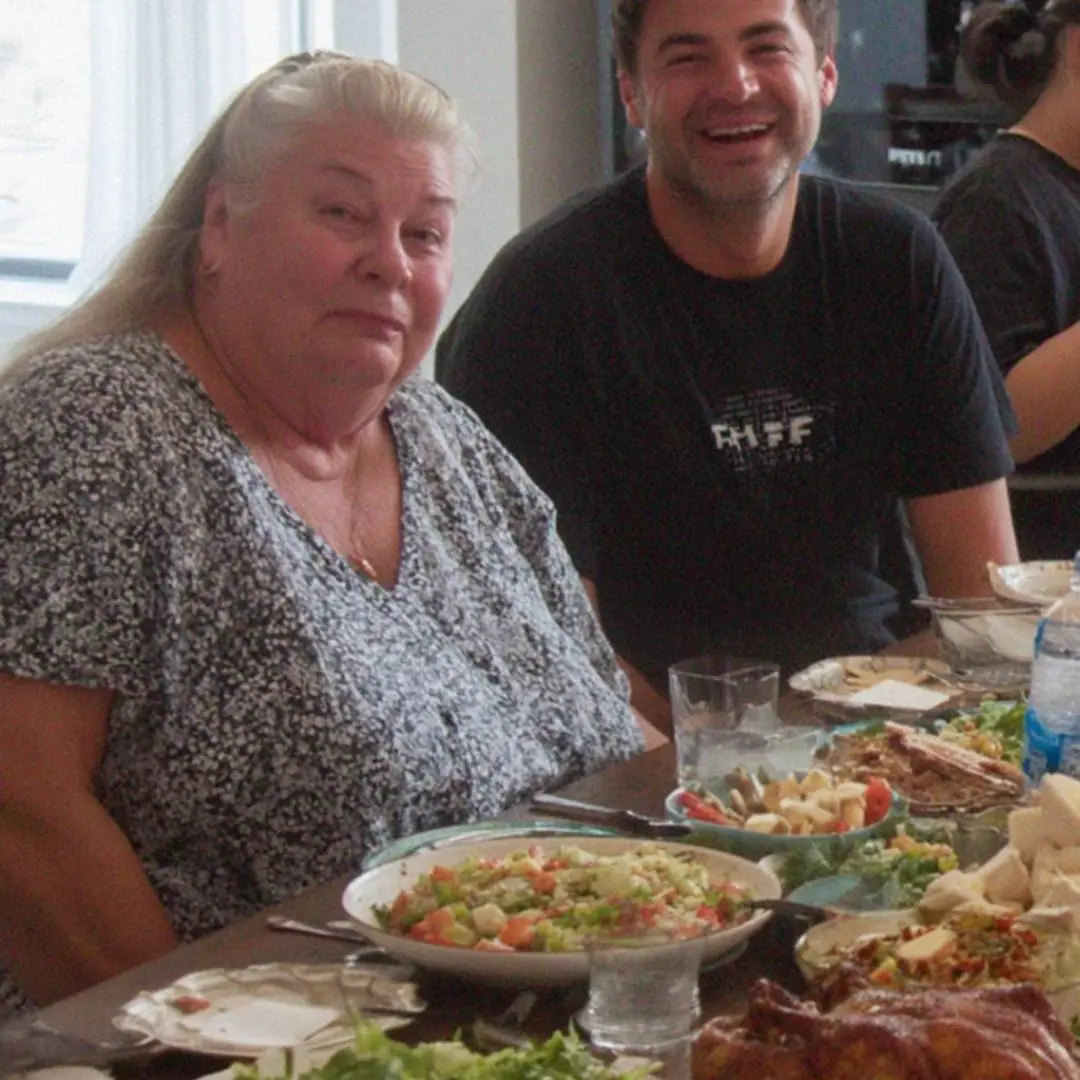
At our housewarming, my husband and his mother insisted we give our new apartment to his sister — but my mom’s response left everyone speechless

My World Collapsed After His De.ath — I Found Out Our Marriage Wasn’t Real and I Couldn’t Claim a Thing

Cucumbers are delicious and healthy, but these 4 groups of people should avoid eating them

3 everyday foods that are slowly destroying your kidneys

Use Frozen Lemons This Way and Gain 4 Surprising Health Benefits — Without Harming Your Sto.mach

The Vegetable That Eats All the Sugar in Your Body – The Silent Enemy of Diabetes

A 31-Year-Old Man Hospitalized Five Times Because of a Drink Many People Consume Daily

This One Superfood Could Tackle Major Health Issues—Here’s What You Need To Know
